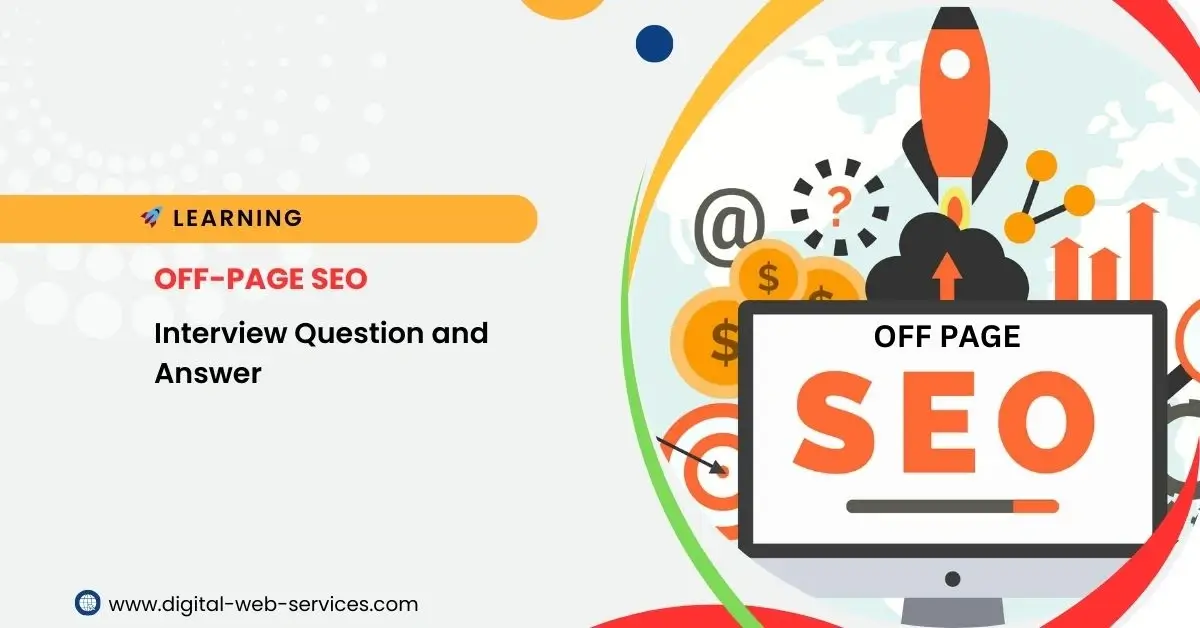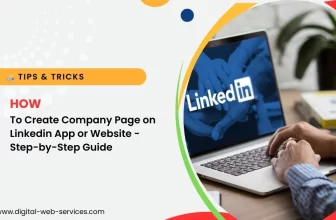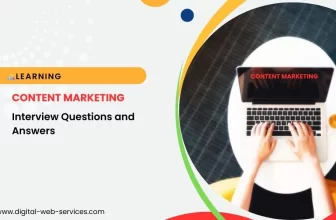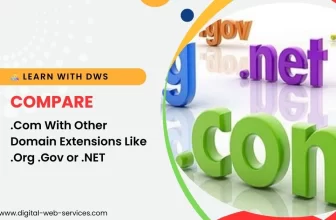
Off-page SEO refers to all your activities outside of your website to improve its position in search engine results pages (SERPs). This is mostly about building backlinks, social signals, and other external factors.
Off-page SEO Interview Question and Answer With Examples
Here are some common off-page SEO interview questions with easy-to-understand answers:
- What is off-page SEO?
Answer:
Off-page SEO refers to activities done outside of your website to improve its search engine rankings. The main focus is on building backlinks, social media engagement, and brand mentions.
Example:
Getting high-quality backlinks from trusted websites like news portals or educational sites can help increase your site’s authority.
- Why are backlinks important in off-page SEO?
Answer:
Backlinks are important because they act as “votes of confidence” from other websites. Search engines consider these votes as an indicator that your content is valuable and trustworthy.
Example:
If a popular blog in your niche links to your article, search engines may view your content as more relevant and rank it higher.
- What is the difference between dofollow and nofollow links?
Answer:
- Dofollow links pass “link juice” (SEO value) from the referring website to the linked site.
- Nofollow links don’t pass link juice and tell search engines not to follow the link.
Example:
A dofollow link from a high-authority site like Forbes will likely improve your ranking, while a nofollow link from a social media post won’t have the same impact.
- What is link building?
Answer:
Link building is the process of acquiring backlinks to your website from other websites. Quality backlinks improve a website’s domain authority and rankings.
Example:
Guest posting on relevant blogs and asking for a link back to your website is a common link-building strategy.
- What is social media’s role in off-page SEO?
Answer:
While social media signals like shares and likes are not direct ranking factors, they help increase visibility, traffic, and brand awareness, which can indirectly affect SEO.
Example:
When people share your blog post on platforms like Facebook or Twitter, it can drive more traffic to your site and lead to potential backlinks.
- What is brand mention in off-page SEO?
Answer:
A brand mention refers to when your brand, product, or website is mentioned online, even if there’s no direct link. Search engines may still consider these mentions as signals of trust.
Example:
If a popular influencer mentions your product in a blog or tweet, it can improve brand visibility and trust.
- What are some effective off-page SEO strategies?
Answer:
Some effective strategies include:
- Building high-quality backlinks
- Guest blogging on authoritative websites
- Engaging in social media marketing
- Influencer outreach
- Participating in online forums and communities (e.g., Quora, Reddit)
Example:
Writing a guest post on a well-known website in your industry can bring in backlinks, new visitors, and improve your site’s credibility.
- What is local SEO and how does off-page SEO contribute to it?
Answer:
Local SEO focuses on optimizing a website to appear in local search results. Off-page SEO can improve local rankings through strategies like acquiring local backlinks, getting listed in local business directories, and collecting local reviews.
Example:
Getting listed on Google My Business and getting reviews from local customers helps your site rank higher for local searches.
- What is the importance of anchor text in off-page SEO?
Answer:
Anchor text is the clickable text in a hyperlink. It is important because it tells search engines what the linked page is about. Using relevant keywords in anchor text can improve rankings for those terms.
Example:
If you’re linking to a page about “SEO tips,” using the anchor text “SEO tips” instead of “click here” can help that page rank for the keyword “SEO tips.”
- What is a “nofollow” tag, and when should it be used?
Answer:
The nofollow tag is used to tell search engines not to pass any link equity from one page to another. It is often used for paid links, user-generated content, or when a website doesn’t want to vouch for the linked page.
Example:
If you add a link to a paid advertisement or a comment section, you might use a nofollow tag to avoid passing link juice to that page.
- What is the importance of content marketing in off-page SEO?
Answer:
Content marketing plays a key role in off-page SEO by attracting backlinks, social shares, and brand mentions. High-quality, informative content encourages other websites to link back to your site.
Example:
Publishing a comprehensive “How-to” guide or infographic can make other websites reference and link to your content.
- What is a “link farm”?
Answer:
A link farm is a website or network of websites created solely for the purpose of building backlinks. These links are typically of low quality and can harm your SEO efforts.
Example:
If a website has hundreds of unrelated links pointing to various sites, it’s likely a link farm, and links from these sites should be avoided.
- What is “broken link building” in off-page SEO?
Answer:
Broken link building involves finding broken (404) links on websites and offering your content as a replacement. This strategy helps websites fix broken links while earning a backlink.
Example:
If you find a dead link on a high-authority blog about digital marketing, you can suggest your own article as a replacement, gaining a valuable backlink.
- How does guest posting help with off-page SEO?
Answer:
Guest posting involves writing articles for other websites or blogs within your industry. It helps increase brand exposure, drive traffic, and build backlinks.
Example:
Writing a guest post on a well-known tech blog and including a link to your site can boost your credibility and rankings.
- What is influencer outreach, and why is it important for off-page SEO?
Answer:
Influencer outreach is the process of connecting with influential people in your niche to promote your content, brand, or products. Their endorsement and social shares can help increase visibility and drive backlinks.
Example:
Collaborating with a tech influencer to review your product can lead to backlinks and social media mentions that improve your SEO.
- What are directory submissions in off-page SEO?
Answer:
Directory submissions involve submitting your website’s details to online business directories. While it was once a popular SEO tactic, submitting to high-quality and niche-specific directories is still useful today.
Example:
Submitting your site to directories like Yelp or Yellow Pages can help improve local SEO and increase traffic.
- What are social bookmarking sites, and do they help with SEO?
Answer:
Social bookmarking sites allow users to share and store web links. These platforms can help with off-page SEO by driving traffic and providing social signals.
Example:
Platforms like Reddit, Digg, or Pinterest allow users to share interesting links, which can lead to more visits and social engagement.
- What is “Earning Links” vs “Building Links”?
Answer:
“Earning links” involves creating high-quality content that others naturally want to link to, while “building links” is a more proactive approach where you reach out to other sites for links.
Example:
Publishing an in-depth research paper or study on your blog that others naturally cite would be “earning” links. On the other hand, writing a guest post would be “building” a link.
- How do social signals impact off-page SEO?
Answer:
Social signals refer to the likes, shares, and comments on social media platforms. While they may not directly affect rankings, they help increase traffic, visibility, and the likelihood of earning backlinks.
Example:
If your article goes viral on Facebook, it may lead to more people linking to it on their own websites or blogs, indirectly improving your SEO.
- What is the role of content syndication in off-page SEO?
Answer:
Content syndication involves republishing your content on other platforms to reach a wider audience. This can drive traffic, create backlinks, and increase brand awareness.
Example:
Republishing your blog post on platforms like Medium or LinkedIn can help generate backlinks and additional visibility for your content.
Conclusion
Off-page SEO plays a vital role in boosting a website’s authority and ranking on search engines. By leveraging strategies like guest posting, link building, influencer outreach, and social media engagement, you can improve your website’s online presence. Understanding these strategies and their impact on SEO will help you optimize your site and stay ahead of the competition.
Digital Web Services (DWS) is a leading IT company specializing in Software Development, Web Application Development, Website Designing, and Digital Marketing. Here are providing all kinds of services and solutions for the digital transformation of any business and website.










